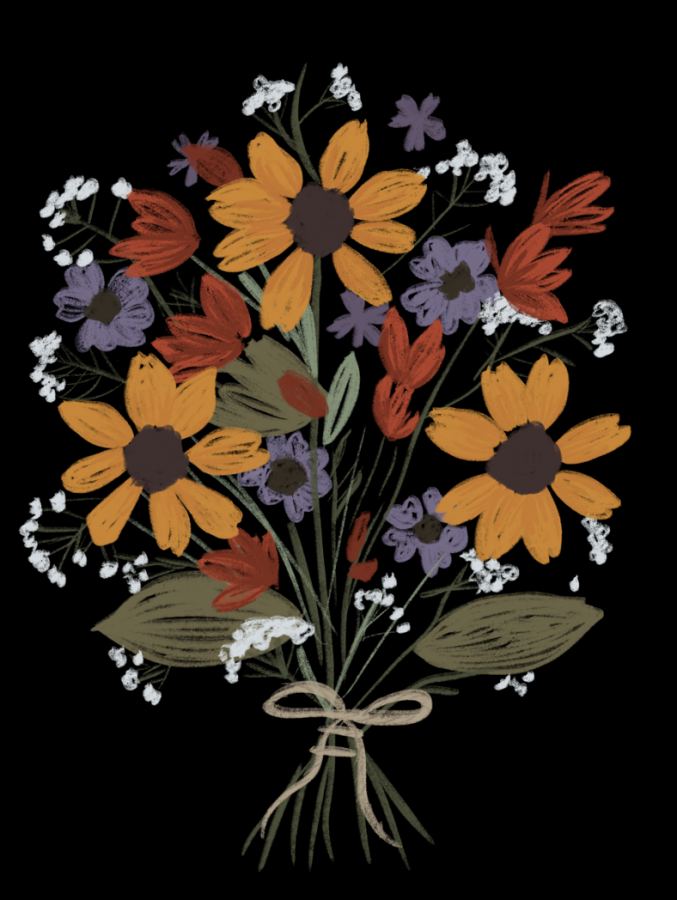Pages of Isolation
Old journals have told the stories of our past and have now returned as a cathartic release during times of uncertainty.

Images of what it means to write in a diary or keeping a journal can vary. Some may think of a young child writing their daily thoughts, feelings and impressions of the day and interactions with friends and family starting each entry with “Dear Diary…”. Others may think of historical accounts that have given us perspectives or views of a particular era through the eyes of the writer. In March of 1944, the Dutch minister of Education spoke over the radio from London. “Preserve your diaries and letters,” he said—a young girl named Anna Frank listened from her attic, where she hid for two years writing what it was like to hide in a home in Amsterdam during the Holocaust.
“The most valuable [historical] diaries are the ones where they wrote down their own feelings, or conversations they had on the street or with family, or how they felt about the persecution of the Jews,” Rene Kok, a researcher at the Dutch Archive, said. According to Chris Farina, an AP Psychology teacher at Paly, journals found from their past have been a good way to better understand what a person during that time was going through. Their words are filled with uncertainty, concern and pain that gives us a perspective of a much deeper story that we would have never been able to understand without their preserved experiences.
For those that have kept diaries, reflecting on one’s own writings can be a powerful force in remembering specific or significant events in our own lives. A diary can help organize our thoughts and unload our frustrations, anger or disappointments. Does it ever just feel good to get things out on paper? Did you ever wonder why that might be the case? Well, as it turns out, journaling also has many ancillary health benefits, particularly with regard to your mood and mindset. “When [people journal] they are letting their guard down; they are speaking authentically, they are not trying to say something for a specific public audience … so they are not self-centering in any way,” Farina said.
Withholding your thoughts and emotions can impact your mental health, so taking the time to write what you are feeling is a great way to understand and reflect on them. Farina states how important it is to notice what has been affecting you by creating a routine like expressive writing, which can be beneficial to help clear your mind from recent experiences. According to Positive Psychology, letting your thoughts out on paper can help change a negative mindset to a more positive one, and may even change the way we feel about ourselves.
Stress can damage both your physical and mental health. According to Healthline, headaches, depression, high blood pressure, a weakened immune system and insomnia can all be caused by stress. Many students experience heavy amounts of stress every day trying to balance extracurricular activities, work and school.
Because of COVID-19, our “new normal” of schooling from home, being unable to see friends or extended family in person, and restrictions as to where we can go when we leave our homes are likely increasing stress. Taking the time to unwind after your day and reflect, is a good tool to clear your mind. In fact, according to Intermountain Healthcare, taking 15-20 minutes a day a couple of times during a four-month time span to journal, is enough to improve liver functionality and lower your blood pressure.
While this may sound surprising, expressive writing can also improve your immune system. According to James Pennebaker, a researcher at the University of Texas at Austin, taking the time to journal regularly can improve and strengthen certain white blood cells, called T-lymphocytes. Expressive writing, even about traumatic or stressful times in life, has been associated with a decrease in long term health problems.
Journaling also strengthens your emotional functions by developing a habit of routine writing. Journaling assists the brain to improve emotional control while also helping you to understand your own sense of identity and boosting your confidence. It creates mindfulness and helps writers stay focused and more in tune with the health needs of their body. Research also shows that keeping a journal improves your right brain function—which controls your creative and artistic abilities—and in general sets a writer up for progression. “Expressing your thoughts on paper evokes happiness, and helps you develop a clear mindset about uncertain situations,” Farina said. “[Journaling] helps make your thoughts really concrete.”
Paly freshman, Kylie Hu, takes a journaling class outside of school that allows her to explore different techniques of journaling. Hu has thought more fully about the health benefits she has experienced through journaling and has identified a litany of direct benefits as a result. Hu journals through doodles, taping souvenirs such as movie tickets into her notebook and writing her daily checklist. Hu found an outlet to clear her head through bullet journaling. “School can be stressful… [emotions] can make you feel like you’re stuck in a tight box and you can’t move so bullet journaling helps you get out of that box,” Hu said. Bullet journaling is simply making bullet points that help get out the thought of stressful emotions and help clear your mind.
According to Hu, there’s so much more to journaling than just writing a full story of your day. It can also be told through mediums like drawings and calligraphy. “If I am feeling creative I will just put my pen to the paper and let myself draw something … it really helps clear my mind,” Hu said. For Hu, journaling has helped her look back on old memories—whether it’s something as unexpected as an old receipt to a name tag from camp, her journal has been able to tell her story.
Journals contain so many memories from a person’s life. So, when you need to unload the events of the day, if you are feeling stressed, frustrated or if you want to get clarity on a matter you are struggling with, write it down!
As Brand Blanshard states in the Stoic Philosophy journal, “What the centuries have clung to is a notebook of thoughts by a man whose real life was largely unknown who put down in the midnight dimness, not the events of the day, or the plans of tomorrow, but something far more permanent interest, the ideals and aspirations that a rare spirit lived by.”
• Art by Kimi Lillios •
2019-2020 - Staff Writer

Paly Junior, Raj Sodhi, joined the publication because he was attracted to the design and subject matter of the articles. He loves the committee of C...
2019-2020 - Staff Writer
2020-2021 - Business Manager
Hear more about me!






